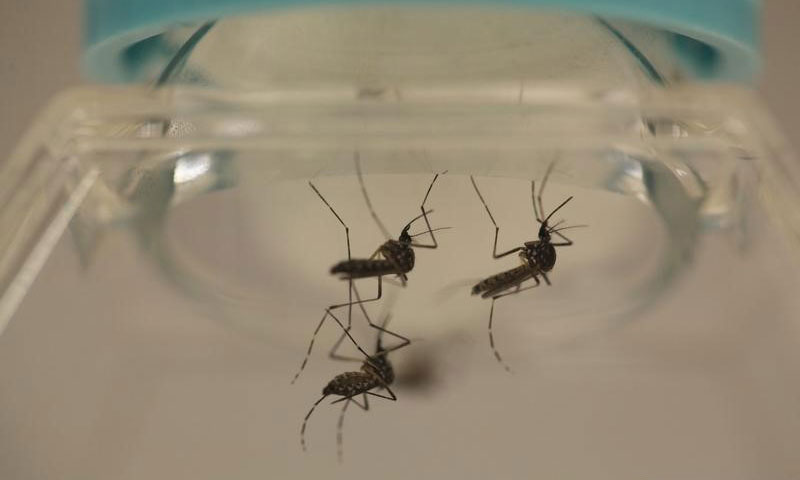
Pharmacy Group Goes to Front Lines of Zika Fight in Puerto Rico
With its new public education campaign, the National Association of Chain Drug Stores Foundation aims to raise awareness of the Zika virus in the U.S. territory.
The spread of the Zika virus in Puerto Rico has reached the point of red alert.
The Centers for Disease Control and Prevention (CDC) predicts that 700,000 people on the island could be infected by the end of the year.
But the National Association of Chain Drug Stores (NACDS) Foundation is determined to prevent that scenario by educating Puerto Ricans about the Zika virus.
“The NACDS Foundation is taking this action to help address an imminent public-health need, by helping to educate and empower women in Puerto Rico about where they can turn to help protect themselves and their unborn children,” NACDS Foundation President Kathleen Jaeger said in a statement.
Messaging Matters
Since there isn’t a Zika vaccine, the focus is on education and prevention. Puerto Rico is the first place in the United States that reported a death from Zika, and the NACDS Foundation wants to lead the effort to combat it.
Its campaign, which includes local radio and online broadcasts, started on Monday. The foundation will work with public-service authorities on the island and plans to continue the awareness effort for as long as necessary.
“We are actively seeking additional partners to sustain this initiative while the need remains, and to complement the work of all those in the public-health community who are standing with the people affected by this situation,” Jaeger said in a media announcement.
Education Connection
The effort comes as the Zika virus, first discovered in 1947 in Uganda, has become more prominent in the news because of a major outbreak that started in Brazil last year. Puerto Rico has thus far tested more than 6,000 people for the disease, 683 of whom were found positive, The Washington Post reports.
As the mosquito-borne virus creeps up, education and awareness are needed to ensure that the public understands the symptoms, which include mild ones such as fever and rash, according to the CDC. It’s a difficult disease to detect, victims usually don’t need to go to the hospital for care, and few people die from it.
Pregnant women face a much more serious threat, though. If they get infected, the virus could cause their unborn children to get the microcephaly birth defect. This is a condition that results in the baby’s head being significantly smaller than normal, which is due to the brain not growing properly. At least 89 pregnant women have tested positive for the disease in Puerto Rico, according to the Post.
(Alvin Baez/Reuters)






Comments